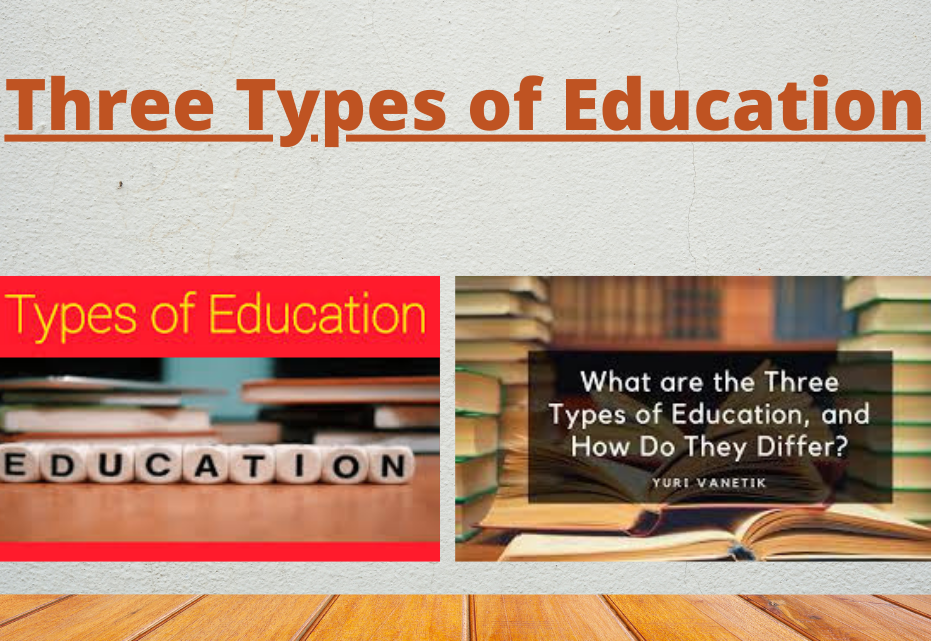The world needs empathy now more than ever. Far too much callousness and negativity in the world is pulling people away from each other. One of the reasons why this is occurring is the lack of social-emotional learning embedded within the community. It’s an imperative concept taught in schools to help pupils navigate their emotions and healthily express themselves.
Your emotional well-being is essential. If you’re not in a good mental state, you will project your anxiety on the people around you. That’s why no matter what age group you occupy, the profession you handle, or what relationships are in your life, you need to know how to regulate your emotions, so you don’t end up inflicting more stress.
To help you understand what social-emotional learning is, here’s what you need to know:
A Glimpse into the Social-Emotional Mentality
The concept of social-emotional stability stems from the idea that what you feel impacts the world around you. If you’re emotionally stable, you can socialize better and invest time into your relationships with no issues. Still, if you’re the opposite, no matter what you do, the feeling of despair doesn’t falter. How you handle your social and emotional health is essential for your career. For instance, the healthcare sector necessitates being empathetic while working with patients and honing emotional intelligence. It’s one of the top qualities a nurse needs to possess since holistic health is quickly gaining momentum.
This skill is highlighted as you progress in your career. Part of your nursing education is acknowledging emotions, which you’ll learn if you pursue a higher degree, like an MSN in nursing education or similar. A post-graduate will help you better understand the need for human connections, especially in an isolated environment like a hospital. Patients will never stop needing your empathy, reassurance, and kindness at no point. The more closely you work with patients, the greater this need grows.
If you pick up this skill at an early age, it stays with you. That’s why teachers have an essential role in educating pupils on managing and regulating emotions. If they cannot achieve the ultimate balance, they find it hard to connect with the world around them. Hence, social-emotional learning is a skill that involves teachers actively working with their pupils to help develop self-awareness and self-assurance and work on building all types of relationships.
Read Also: ZLibrary
How Does Social Emotional Learning Help?
SEL is a teaching method that allows students to become more in tune with their emotions. It’s a layered process that involves helping identify emotions, teaching techniques for expressing them, and analyzing how social awareness can influence the growth of a pupil. Developing social-emotional cues takes time, but once a teacher can connect with their students, they’re able to help them in the following manner:
It makes students more self-aware
Self-awareness is an important personality trait. It helps pupils identify why they think, act, and behave a certain way and how it leaves lingering effects on the people around them. Self-awareness helps students recognize their limitations, making removing them easy. For instance, a student learns how to cope with pain and trauma through humor. While it may seem harmless, the people around may not appreciate a joke during a tragic moment, so the best way a pupil can control their intrusive thoughts is by dealing with grief in another healthier manner.
These may include talking about how they feel, recognizing they’re not handling the situation well, and looking for outlets to cope better with the circumstances. Self-awareness allows pupils to understand the motive behind their actions. In the long run, when students graduate, they’re more grounded, comfortable in their skin, and able to analyze where they’re struggling, whether professionally or personally.
It brings about social awareness
You must be aware of social cues and appropriate social behavior to connect with the world around you. Teachers may educate pupils on the numerous social issues in a school setting. When students are more socially aware of what’s happening in society, they can empathize and humanize the circumstances more. For example, despite being a mental illness, addiction is heavily stigmatized. However, through social awareness campaigns, teachers can highlight why addiction happens, what students can do to avoid it, and what makes addiction an unpopular mental health ailment.
The more informed a student is about the plight of the community, the more they can help. It also further removes ignorance around different topics, prevents them from thriving within the population, and encourages more people to educate themselves over accepting prejudices. As a result, this breeds inclusivity and harmony in schools and beyond classrooms.
Helps build relationships
Relationships fall apart for numerous reasons, one of which is a lack of social-emotional awareness. A student may have many meaningful relationships, but keeping them intact and at peace can get challenging. That’s because when a pupil is unaware of their emotional health and doesn’t know how to regulate their thoughts, it can cause many misunderstandings. Part of social-emotional learning is communicating effectively and understanding that words and actions have consequences.
The only way to regain a broken relationship is by giving the other person the space to express it. For instance, it’s common for students to have disagreements while working in a team. But these arguments will fester until one pupil reigns it in. That’s where SEL comes into play. During the charged situation, a pupil must recognize where the disagreement is rising from, what’s causing it and what are possible solutions to resolve it. It’s followed by engaging in a discussion to set aside differences and work on finding the assignment. Students taught SEL are excellent at conflict resolution and finding quick solutions to arguments.
Final Thoughts
Picking up social cues and regulating emotions is an essential part of adulthood. That’s why teachers need to work on the importance of social-emotional learning and guide pupils on being a better version of themselves. SEL works on basic principles about enhancing communication and focusing on conflict resolution. As a result, a pupil that goes through SEL is more self-aware, understands the source of their problem, and works on improving them. It is also an excellent tool for bridging the gap between the community and allowing the population to connect.
In short, SEL is all about being mindful and self-aware and recognizing how society responds to these traits.
Read Also: Practical law – Company of Legal Resources and Guidance










